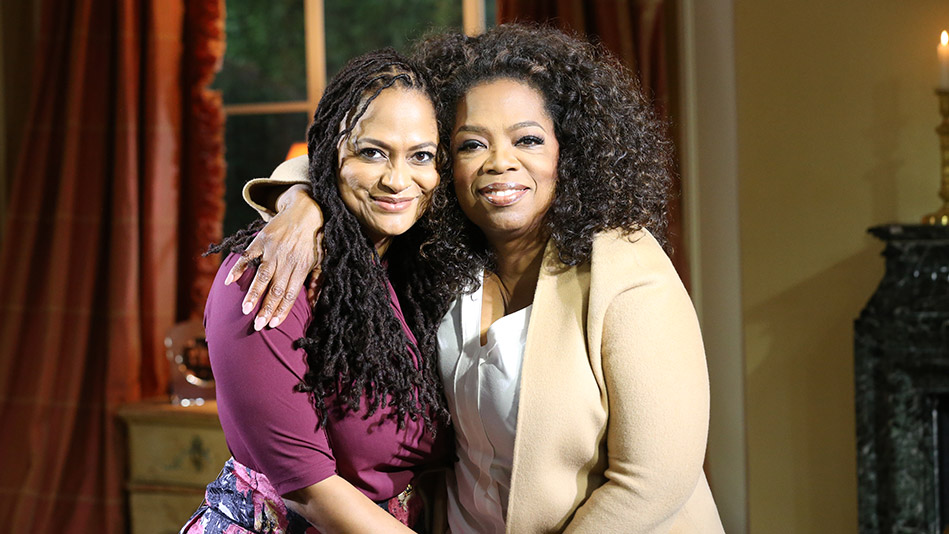Kieran, here. It was recently announced that Ava DuVernay would direct an adaptation of the classic children’s fantasy novel A Wrinkle in Time for Disney starring Oprah Winfrey. The script is to be penned by Frozen scribe and co-director Jennifer Lee and will also star Amy Adams and Kevin Hart. Winfrey is also collaborating with DuVernay (off screen) in the capacity of executive producer for the upcoming OWN series “Queen Sugar” staring Rutina Wesley (“True Blood”).

While A Wrinkle in Time may seem like an odd career zag on paper for nearly everyone involved, pairing Ava DuVernay and Oprah Winfrey together again after 2014’s justifiably lauded Selma should have movie-watchers willing to follow this director-actor duo to the ends of the Earth...
Oprah Winfrey is, for better or worse, a looming figure whenever she steps on screen as an actress. Her name, her brand, her person—they invariably seem to pull focus at least a little bit, which in some ways is understandable given how ubiquitous a public figure she is outside of the world of cinema. Even her Oscar-nominated turn in The Color Purple, which she made before her talk show premiered and made her a massive media figure has this quality to it. While many would cite it as her best performance, I’ve long had trouble latching onto it as truly great work for the way she seems to be acting in parallel rather than with her co-stars. There just seems to be so little interaction, so little playing off and reacting to what the other performers are doing. The same can arguably be said of her performance in The Butler. None of this is to that Winfrey is a bad or uninteresting actress. She has a knack for fashioning indelible moments in her films and she has an undeniable magnetism. All performers have their strengths and their liabilities.

This all speaks to Ava DuVernay’s talent as a director. One of the most vividly memorable scenes in Selma is in its earliest moments when Annie Lee Cooper (Winfrey) is attempting to register to vote and dealing with the racist, institutional roadblocks standing in the way. DuVernay’s direction seems to unlock a subtlety, a delicate power in Winfrey’s acting never previously seen in her admittedly short filmography. Her starpower and recognizable face never feels distracting. She feels very much of the piece. The film, which is so much less a biopic of Martin Luther King Jr. than it is a film about the movement he represented allows Oprah to regress to the background and truly find interesting and modulated interactions with the other characters in the piece. As small as the performance may seem in comparison, both in terms of bombast and direct statement to more heralded work in The Color Purple and The Butler, it’s Oprah’s best performance to date. It’s a great precedent for why one should feel justified in expecting something fascinating from their upcoming collaboration in A Wrinkle in Time. DuVernay may well be the director who truly understands best how to work with Winfrey.